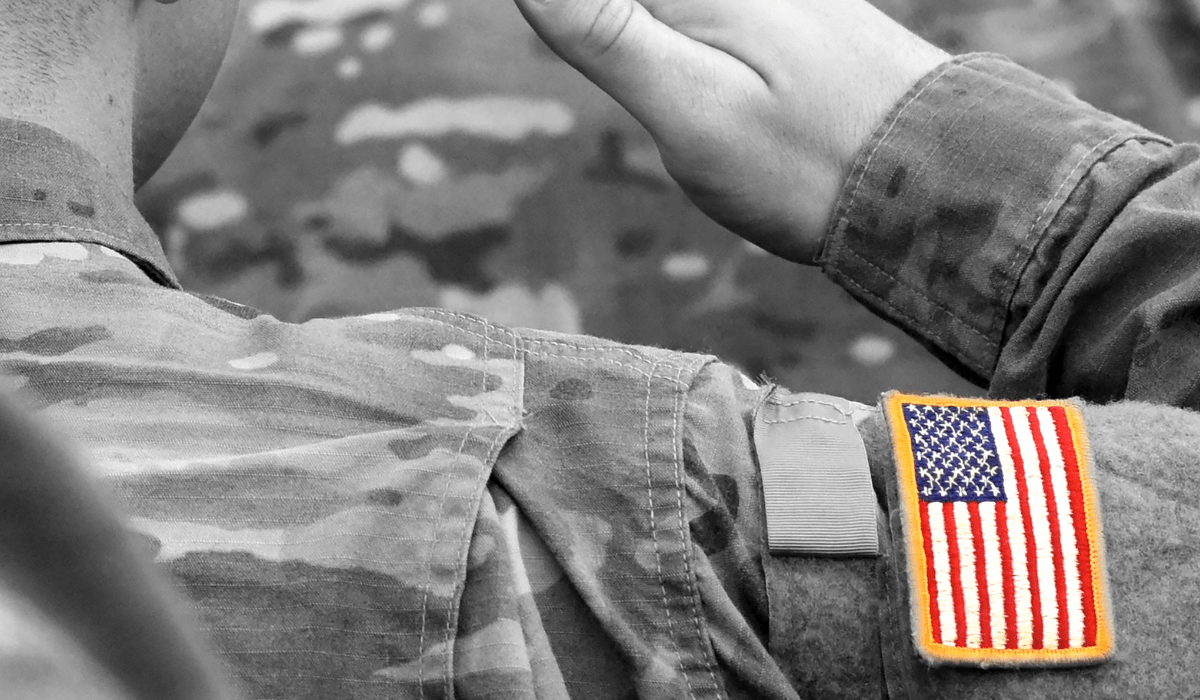
Sep 5, 2011
In United States v. Elijah Garcia, 68 M.J. 561 (C.G. Ct. Crim. App. 2009) Seaman Elijah Garcia pled guilty to and was convicted of various offenses, including distribution of a controlled substance and indecent acts. The Convening Authority (CA) denied Garcia’s request to have the government tape-record the proceedings in his Article 32 investigation. The CA approved Garcia’s request for the defense to record the proceedings, but only subject to a number of conditions, including the condition that the defense produce a professional, verbatim transcript. The defense requested that the CA reconsider his decision on the basis that the defense would be unable to comply with the CA’s conditions. The CA denied the defense request. An Article 32 investigation was completed and was not recorded.
The issue before the CGCCA was whether the CA’s decisions regarding the defense request to tape record the Article 32 proceedings violated Garcia’s Sixth Amendment right to confrontation.
The CGCCA unanimously held that the CA’s decisions did not violate Garcia’s constitutional confrontation rights. After noting that not having a tape recording of the Article 32 “may be less than ideal” for the purposes of confrontation, the court concluded that Garcia did not have a constitutional right to the ideal. The court cited Delaware v. Fensterer, 474 U.S. 15, 20 (1985) for the following proposition: “Generally speaking, the Confrontation Clause guarantees an opportunity for effective cross-examination, not cross-examination that is effective in whatever way, and to whatever extent, the defense might wish.”
Defending Service Members Globally
Wherever Duty Calls, Our Defense Follows




